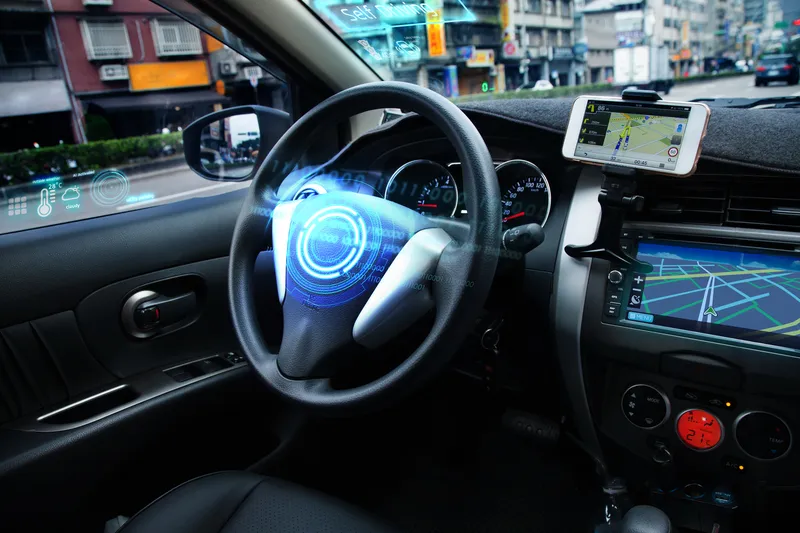Following unacceptable delays in adoption of life-saving technology, US Senators Charles Schumer and Richard Blumenthal have announced the Positive Train Control Safety Act. This major rail safety bill ensures railroads are moving forward swiftly to install positive train control technology (PTC), following repeated delays in implementation of this critical technology. The bill also takes important steps to improve rail inspection practices, and enhance safety at grade crossings and work zones following rep
April 22, 2015
Read time: 2 mins
Following unacceptable delays in adoption of life-saving technology, US Senators Charles Schumer and Richard Blumenthal have announced the Positive Train Control Safety Act. This major rail safety bill ensures railroads are moving forward swiftly to install positive train control technology (PTC), following repeated delays in implementation of this critical technology. The bill also takes important steps to improve rail inspection practices, and enhance safety at grade crossings and work zones following reports of lax inspection and oversight, and numerous fatal and catastrophic accidents. Senators Dianne Feinstein, Barbara Boxer and Kirsten Gillibrand are also sponsors of the bill.
PTC is a communications and signalling system that can be used on railroads to prevent collisions caused by excessive speed and human error. The5628 National Transportation Safety Board (NTSB) has found dozens of passenger and freight rail accidents over the years could have been prevented through the use of PTC, including the 2013 Spuyten Duyvil crash in the Bronx in which four lives were lost and a 2008 crash in southern California that killed 25 commuters.
The Positive Train Control Safety Act would establish a timeline for and increase transparency of implementation of Positive Train Control, as well as evaluate the effectiveness of PTC at grade crossings and ensure trains carrying crude oil or ethanol run on tracks with PTC. The legislation would also require increased coordination between government agencies, protect employees in work zones, improve opportunities for railroad employees to report safety deficiencies, and improve commuter railroad inspection practices
“Once fully implemented, positive train control will help prevent fatal crashes, like the one that occurred at Spuyten Duyvil as well as derailment of oil cars, and so, it’s of the utmost importance that all railroads quickly install this life-saving technology,” said Schumer. “ The Positive Train Control Safety Act will not only require railroads, both passenger and freight trains, to implement PTC by 2018, it will also ensure PTC be installed on routes carrying dangerous crude oil or ethanol, which will help prevent future explosive accidents. The legislation makes sure railroads are transparent about their efforts and requires regular status updates on implementation.”
PTC is a communications and signalling system that can be used on railroads to prevent collisions caused by excessive speed and human error. The
The Positive Train Control Safety Act would establish a timeline for and increase transparency of implementation of Positive Train Control, as well as evaluate the effectiveness of PTC at grade crossings and ensure trains carrying crude oil or ethanol run on tracks with PTC. The legislation would also require increased coordination between government agencies, protect employees in work zones, improve opportunities for railroad employees to report safety deficiencies, and improve commuter railroad inspection practices
“Once fully implemented, positive train control will help prevent fatal crashes, like the one that occurred at Spuyten Duyvil as well as derailment of oil cars, and so, it’s of the utmost importance that all railroads quickly install this life-saving technology,” said Schumer. “ The Positive Train Control Safety Act will not only require railroads, both passenger and freight trains, to implement PTC by 2018, it will also ensure PTC be installed on routes carrying dangerous crude oil or ethanol, which will help prevent future explosive accidents. The legislation makes sure railroads are transparent about their efforts and requires regular status updates on implementation.”








